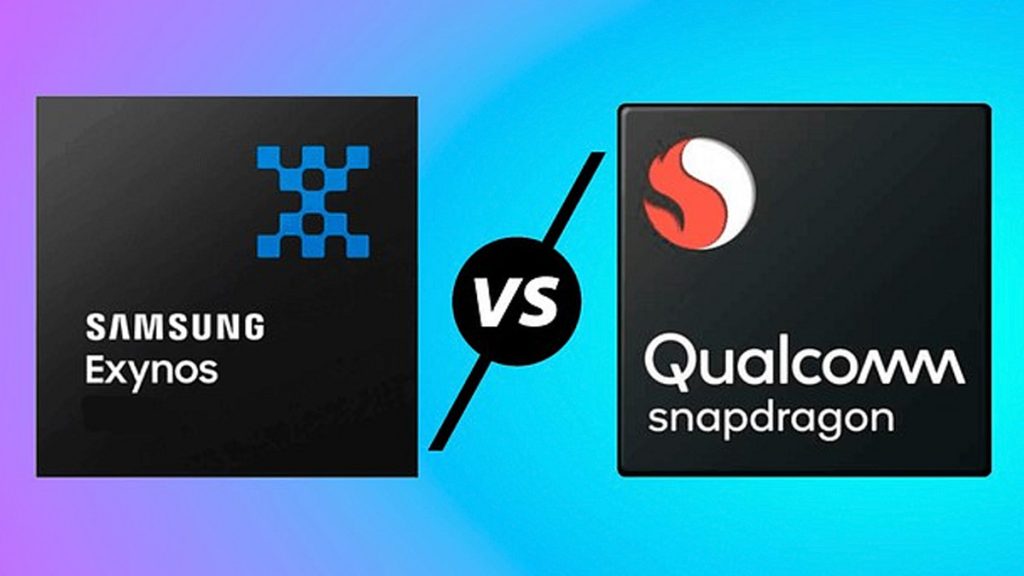Smartphones are steadily becoming more expensive. Just a few years back, a top-of-the-line phone costing $800 would have been seen as a luxury. Today, that price tag seems almost reasonable. This shift can be attributed largely to the increasing performance capabilities of these devices, which come at a higher cost.
For example, the latest Snapdragon 8 Gen 3 processor, found in many flagship Android phones, is estimated to be priced around $200. This represents a 25% increase compared to the previous generation’s Snapdragon 8 Gen 2. Unsurprisingly, this hike in processor pricing translates directly to higher phone prices for consumers.

In response, phone manufacturers are faced with a few options. They can choose a less powerful and more affordable processor from Qualcomm, switch to a competitor like MediaTek, or develop their own processors. The latter option, while attractive from a cost-saving perspective, is highly technical and currently limited to only a handful of companies globally.
Samsung, despite being one such company with in-house processor capabilities (Exynos), seems to be increasingly reliant on Qualcomm. However, there are positive signs: the Korean tech giant reportedly aims to utilize Exynos chips in more phones in the future, potentially helping to manage production costs.
Samsung Plans Increased Reliance on Exynos Chips for Cost Savings
While Samsung often uses its own processors in entry-level and mid-range phones, it collaborates with Qualcomm for flagship chipsets to stay competitive. For example the Galaxy S23 series only used Snapdragon processors worldwide. However, Exynos returned for select regions in the Galaxy S24 series, and reports suggest this strategy is here to stay.
According to the reports, Samsung will increase the use of Exynos chipsets in Galaxy devices starting from 2024. The company’s main goal is to reduce costs and decrease its dependency on external sources. However, Samsung is aware of the performance and power efficiency issues with Exynos processors and is making investments to address them. If successful, the company suggests it may exclusively use Exynos chipsets for the Galaxy S25 series, though it’s still too early to definitively state this.
RELATED:
- Xiaomi Band 8 Genshin Impact custom edion get a huge discount.
- Unlock Savings: Discount on Every Giztop Product under the New Year Sale
- Big Discount: AOOSTAR R1 N100 NAS Mini PC Only For $159
- How to add/remove someone in a WhatsApp group (with screenshots)







